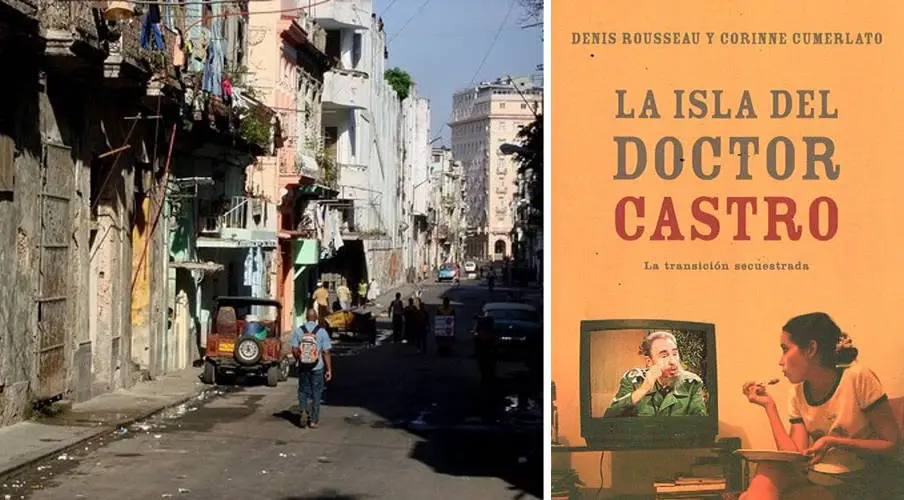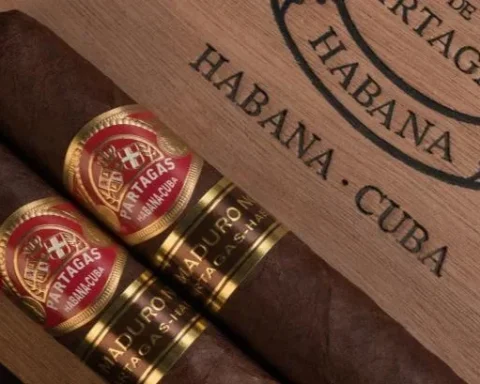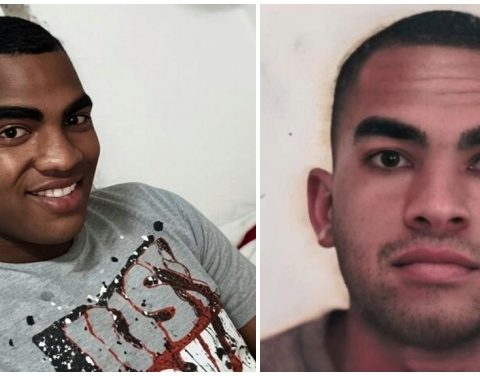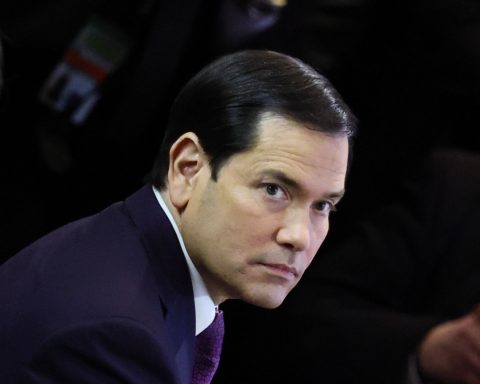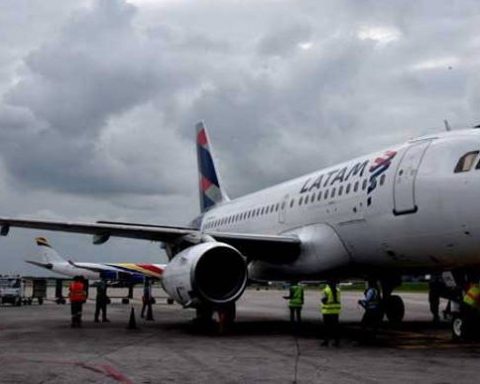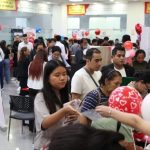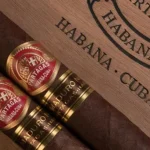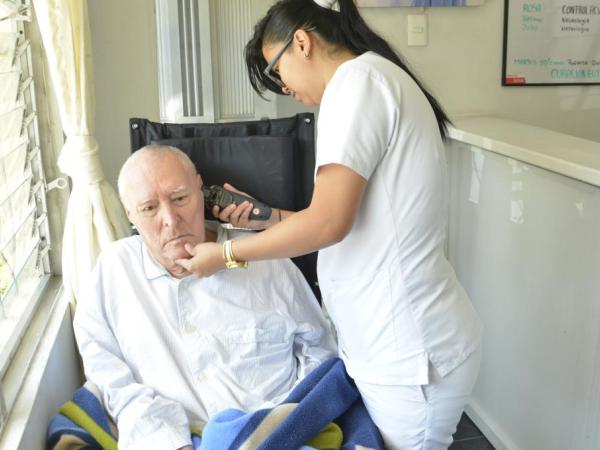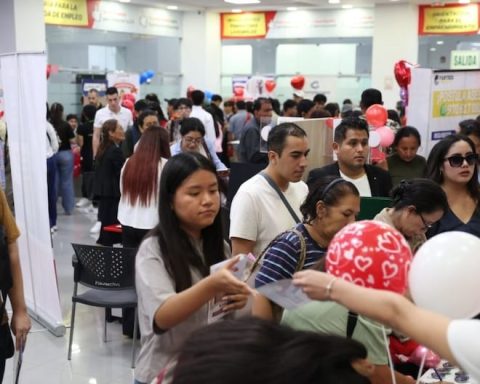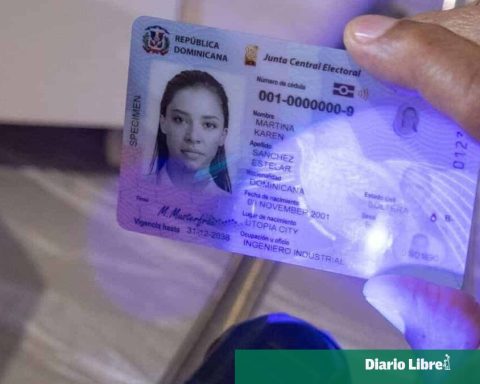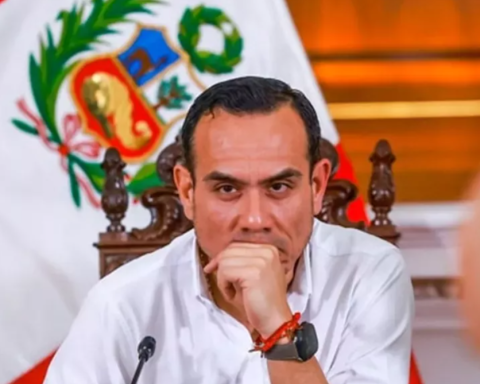Havana Cuba. — Archipelago was an opposition structure that emerged shortly after the protests of July 11, 2021 and that lasted less than a meringue outside a school, as all its organizers left the country shortly after the repression, which prevented the Civic March for Change convened for November 2021.
The young members of the Archipelago left the democratic opposition without continuity or descendants. Why did they act like this? It could be because they did not understand the generational responsibility that fell on them to articulate society as the opponents who preceded them did and who with great sacrifice led Cuban society to the stadium where Archipelago found it.
And it is that authoritarian regimes change history, distort the discourse, and if they cannot win, at least confuse.
To make an archeology of the opposition, so necessary to avoid being confused and to better understand the challenges it currently faces, we must resort to the oral narration of the fight for freedom and the little documentation available, many times seized by the police. political, other times lost in unlikely circumstances, and, on occasions, fortunately, rescued by patriotic exile.
For this search the book is very useful. The island of doctor Castro. The hijacked transitionby the French journalists Denis Rousseau and Corinne Cumerlato, who were correspondents for the AFP Agency in Havana between 1996 and 1999.
It was in those years that the democratic opposition grew, matured and ceased to be “a small group”, as the tyrant Fidel Castro and his sycophants trapped in the Villa Marista Syndrome described it (what the G-2 says is not disputed).
They were also times of stagnant economic reforms and international pressure to promote the democratization of the Cuban state. Do you remember the efforts of Felipe González, Abel Matutes or Carlos Solchaga?
The island of Doctor Castro. The hijacked transition It is a journalistic essay, light-footed, fluid and enriched with names and situations to address, through multiple angles, the complex framework in which the Castroite elite trapped Cuban society.
Through the 308 pages of the book, structured in eleven chapters, the main characters of Cuban society of the time—politicians, journalists, writers, artists, musicians—and also international, political and economic actors parade.
The era to which the book refers will soon be a quarter of a century old, but in the face of the avalanche of information that the Internet provides today, it is as if it had happened in the times of the never well-regarded Ñana Seré and as if it narrated stories as old as that of Methuselah.
Among the episodes of the political and diplomatic confrontation between the Castro dictatorship and the international community, the book refers to the transcendental visit to Cuba by John Paul IIbut he does not forget the courageous pastoral Love awaits everything, which moved the Cuban nation a few years before the papal visit.
We will meet again with the spokesmen for the Foreign Ministry (Alejandro González, Marianela Ferriol or Miguel Alfonso), who rudely controlled the work of foreign correspondents in Havana through that police headquarters that is the International Press Center.
Younger readers will discover some forgiving bureaucrats, ousted decades ago, such as Carlos Dotres, Carlos Lage, Roberto Robaina or Carlos Aldana; and from the pen-pushers of official journalism, to Tubal Páez, the pathetic in his mediocrity president of the UPEC at that time, and his mastiff, the late journalist and deputy Lázaro Barredo.
Of the opposition politicians, Elizardo Sánchez (Cuban Committee for Human Rights and National Reconciliation), Héctor Palacios (Democratic Solidarity Party), Leonel Morejón (Naturpaz), Oscar Elías Biscet (Lawton Foundation), Oswaldo Payá (Christian Liberation Movement), and Marta Beatriz Roque, Félix Bonne, René Gómez Manzano and Vladimiro Roca (from Todos Unidos, authors of La Patria es de todos). A melting pot of personalities with tremendous personal courage, foolproof intelligence and courage to resist repression and jail.
Of independent journalism and its structures, it appears in first place CubaNet and its then president, José A. Hernández, the first independent press agencies such as Cuban Pressthe Bureau of Independent Journalists and Havana Press. Thus, it is as if we were listening to the voices of Manuel Vázquez Portal, Víctor Rolando Arroyo, Ana Luisa López Baeza, and, above all, Raúl Rivero.
It is precisely from Raúl Rivero that the French contribute a paragraph that defines the book: “How cruel is the island of Doctor Castro! Those who want to leave do not succeed, those who wanted to remain as free and lucid men and women end up expelled or reduced to silence, to insults, to contempt, to the ghetto of the enemies of the homeland, of the counterrevolutionaries, of the “lackeys”. of imperialism”, of the “traitors” and the “stateless”.
The good news is that the story continues, beyond the end of the book.
OPINION ARTICLE
The opinions expressed in this article are the sole responsibility of the person who issues them and do not necessarily represent the opinion of CubaNet.
